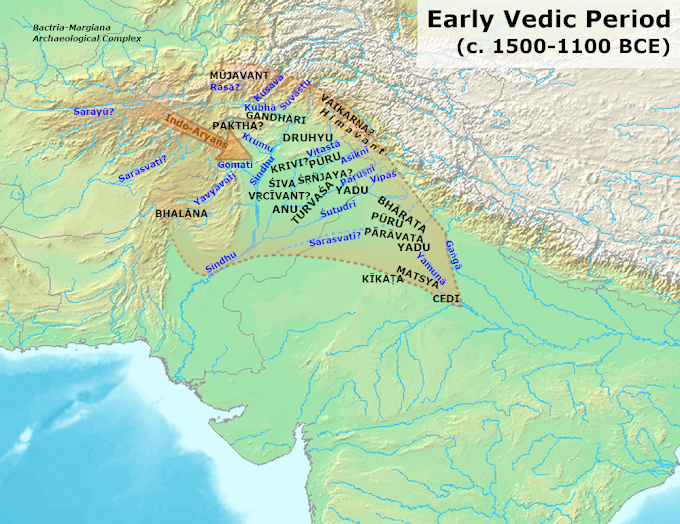National curriculum frame work 2005 NCF(2005)
Contemporary India and Education
NCF2005 is one of the four NCF Published in 1975, 1988, 2000 and 2005 by the NCERT (National Councils for Education Research and Training) in India. The NCF 2005 document draws its policy basis from earlier government reports on educations as learning without Burden and National policy of Education 1986-1992 and focus group discussion. The process of the development of NCF has been initiated in November 2004 by setting up various structures like National steering committee by pro.yashpal sing and 21 National focus groups on the theme of curricular area, systematic reforms and National concerns. Focus on constructive thoughts of the child rather than instructive (constructivism approach). Primary role of the teacher is that as a “facilitator.”
The approach and recommendations of NCF2005 are for the entire educational system. It has been translated into 22 languages and has influenced the syllabus in 17 states. The NCF in the Language of the state and to compare its current syllabus with the syllabus proposed. This exercise is being carried out with the involvement of SCERT (State Councils for Education Research and Training) and DIET (District Institute of Education and Training).
Long walk to school, heavy school bags, lack of basic Infrastucture, Including support books for reading and writing. Badly designed furniture that gives children in adequate back support and cramps their legs and knees. Time table that do not give young children enough breaks to stretch, move and play and deprive older children of play/sports time and encourage girl to opt out.
Guiding principles of NCF (2005)
1. To shift learning from rote method.
2. Connecting knowledge to life outside the school.
3. To integrate examination into classroom learning and make it more flexible.
4. To enriching the curriculum so that it goes beyond text books.
5. Nurturing an over-riding Identity Informed by caring concerns with the democratic policy of the country.
Aims of NCF(2005) in Indian Education system.
1. Languages:-
To implement and language formula. Emphasis on mother tongue as medium of instruction focus on all skills.
2. Mathematics:-
Teaching of mathematics to focus on child’s resources to think and reason to visualize abstractions and to solve problems.
3.Science:-
Teaching of science to focus on methods and processes that will nurture thinking process, curiosity and creativity.
4. Social science:-
Enabling pedagogic practices for promoting.
5. Art education:-
Covers music, dance, visual arts and theatre which on interactive approaches not instruction aesthetic awareness and enable children to express themselves in different forms.
6. Health and physical education:-
Health depends upon mutrition and planned physical activities.
7. Work education:-
Necessary skills should be promoted as part of pedagogy.
8. Education for peace:-
As a pre-condition to snub growing violence and intgleance.
9. School and class room environment:-
Minimum infrastructure and material facilities and support for planning a flexible daily schedule. Traditional nations of discipline should be changed. Discuss needs for providing space to parents and community. Discuss other learning sites and resources like texts and books, Libraries and laboratories and media and ICT.
10. Universal access and enrolement.
11. Respect for human rights and dignity.
12. Sensitivity to other’s well-being and feelings.







0 Comments